The Most Underrated Tool in Leadership
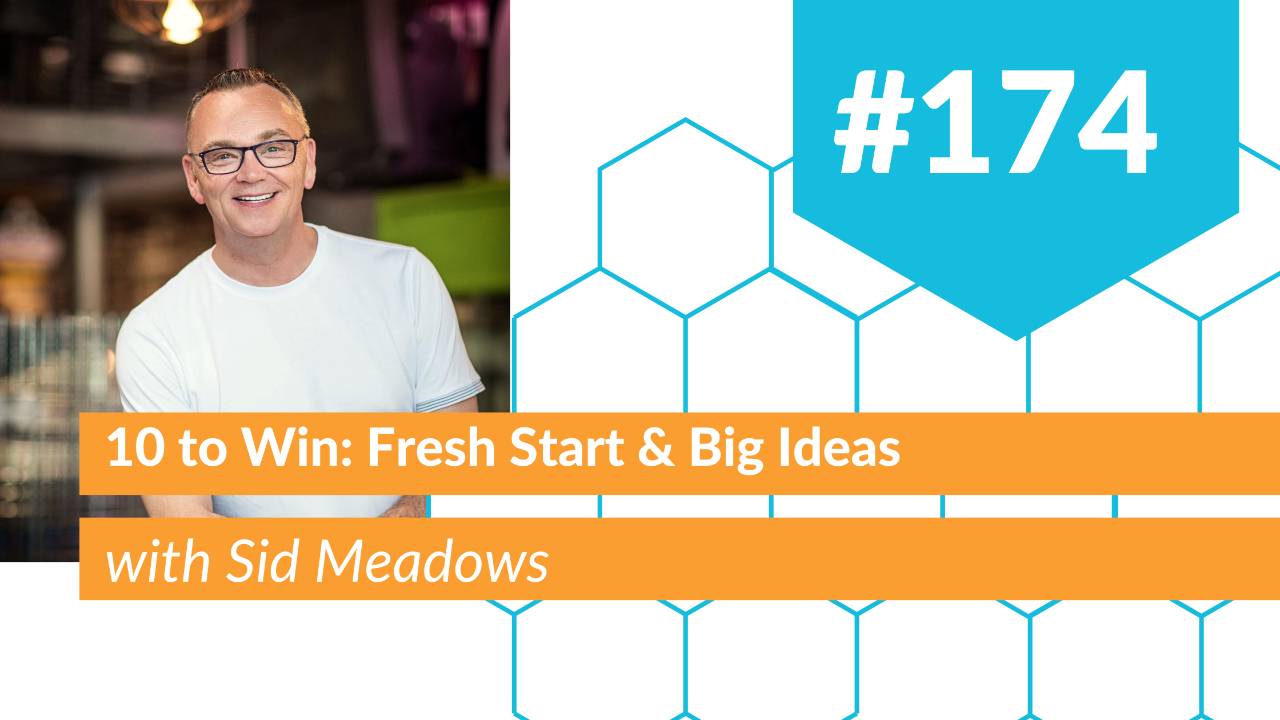
A fresh start does not always require a new plan, a new hire, or a bold strategy. Sometimes the biggest shift happens when we change how we show up.
In this 10 to Win episode of The Trend Report, I challenged our community to rethink something that often gets labeled as soft or optional in leadership. Gratitude.
Research from Harvard Business School and the Wharton School makes this clear. Leaders who consistently express gratitude see higher employee engagement, stronger trust, and lower burnout across their teams. One widely cited Wharton study found that teams who felt genuinely appreciated were up to 50 percent more productive than those who did not. That statistic reframes gratitude entirely. It is not just a feel good gesture. It is a performance multiplier.
This matters because leadership is not positional. It is personal. Regardless of title, everyone leads in some capacity. And gratitude may be one of the most underutilized tools we have to le...
Before You Scale AI, Fix This First

AI is everywhere right now.
It is in headlines, in boardrooms, in sales meetings, and in the quiet corners of someone’s browser while they draft an email. Some leaders are racing toward it. Others are hesitating. Most are somewhere in the middle, trying to figure out how to use it responsibly without getting left behind.
That tension is exactly why my latest conversation with Hunter Jensen matters.
Hunter is the CEO of Barefoot Solutions and founder of Barefoot Labs, where he now focuses on building secure AI tools for businesses. He has spent more than twenty years staying on the front edge of technology shifts. From web to mobile to IoT to blockchain, he has seen waves come and go. What makes AI different, in his view, is not the hype. It is the speed and the scale of impact.
He traces today’s acceleration back to a breakthrough called the transformer model, which fundamentally changed how machine learning systems are trained. What once would have t...
Cold Calls, Chair Boxes, and Better Questions

Some of the most useful conversations in our industry don’t come from carefully scripted panels or polished presentations. They come from honest quick reactions. From questions asked without knowing exactly where the answer will land. From moments where people stop performing and start thinking out loud.
That’s the spirit behind Hot Takes, and it’s exactly what made Episode 172 with Doug Shapiro such a sharp and timely conversation.
Doug, who serves as Vice President of Sales at JSI, joined me for a fast moving, unscripted discussion about how we sell, how we train, and what really matters in a business that has become increasingly complex. The format is simple for these new episodes. We spin a wheel filled with industry questions and whichever one it lands on is the one we react honestly to.
One of the first questions we tackled was whether cold calling is dead. Doug’s response landed quickly and stayed with me. He questioned whether cold calling was ...
The Workplace Crystal Ball Is Cloudy, but the Direction Is Clear
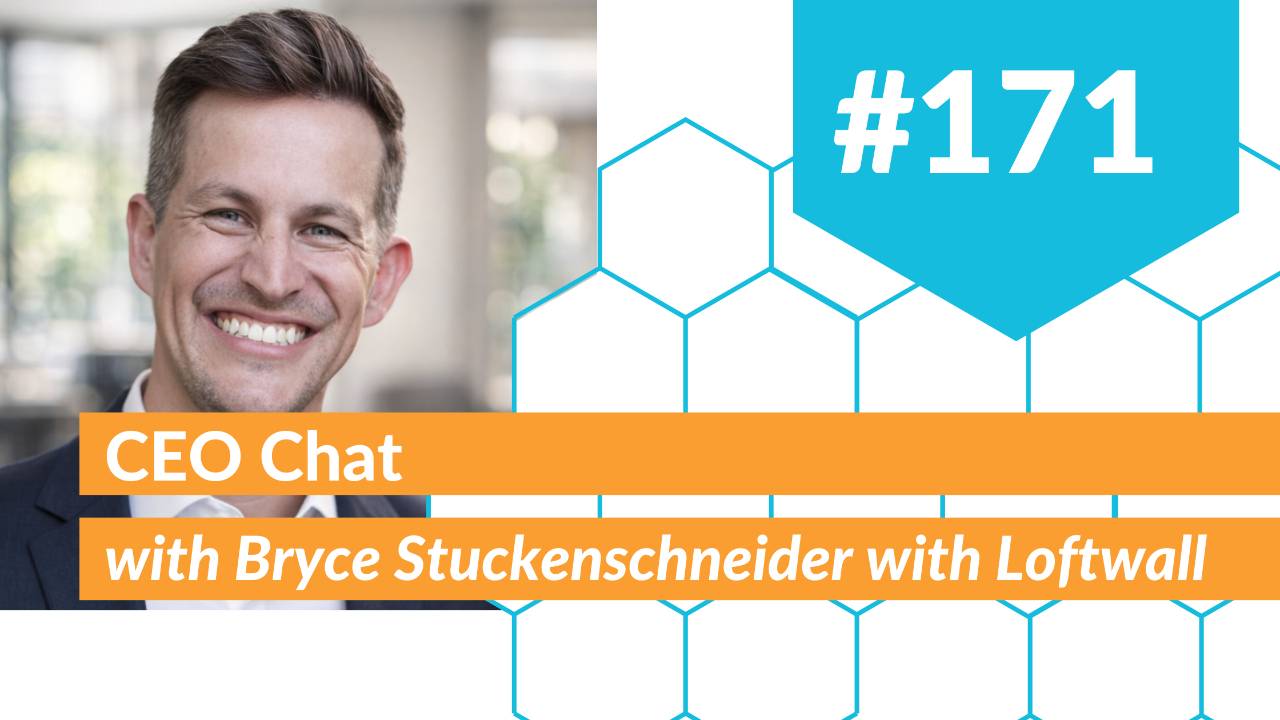
Curiosity is one of the most important ingredients in workplace design right now. But curiosity by itself does not solve the real problem most teams face: the workplace is still expected to work, even as the rules keep changing.
In this conversation with Bryce Stuckenschneider, CEO of Loftwall, that tension comes through clearly. Bryce believes curiosity has to be operationalized. It has to become speed, flexibility, and follow-through. Otherwise, it stays theoretical. He described Loftwall as a team where curiosity is “woven into everybody,” and that shows up in what they are willing to build, how quickly they move, and how seriously they take the human side of service. The goal is not to be busy. The goal is to be useful.
One of the strongest throughlines in the episode is that rethinking the workplace starts with rethinking what people actually need to work well. Bryce’s view is simple and sharp. Teams need flexibility, and they need it without frict...
A Look Ahead to Season 7 of The Trend Report
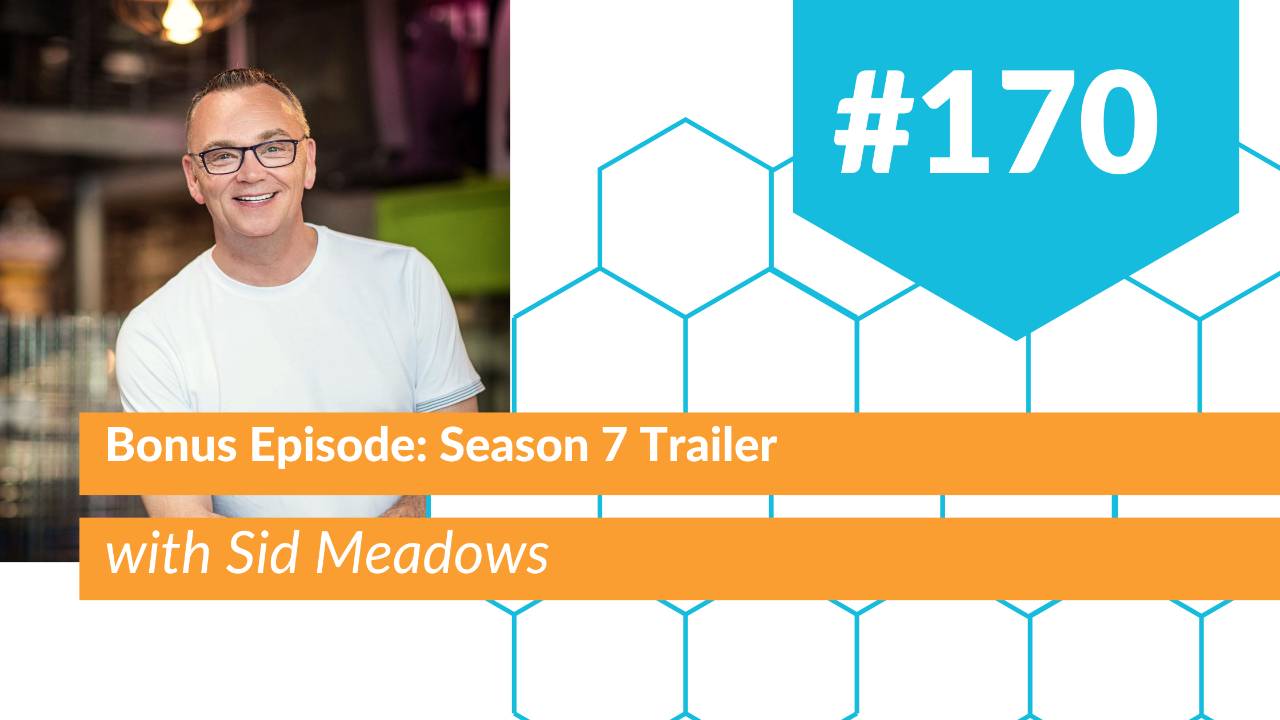
A Look Ahead to Season 7 of The Trend Report
The workplace is changing, and it’s changing fast.
From shifts in how and where we work to evolving expectations around space, culture, and performance, the future of work is being rewritten in real time. Yet many of the conversations shaping workplace design, the office furniture industry, and the broader interior design community aren’t always happening out loud or quickly enough.
That’s exactly why The Trend Report exists.
Episode 170 is a special bonus episode and serves as the official Season 7 trailer. It’s a moment to reflect, say thank you, and share where the show and the industry are headed next.
From Experiment to Intention
When The Trend Report launched in 2020, it began as an experiment. There was curiosity, passion for the contract furniture and commercial furniture world, and a belief that some of the most important conversations in our industry weren’t being had.
Over six seasons later, t...
The Deep Dive: A Review of Season 6 of The Trend Report Podcast

Season Six of The Trend Report distilled a turbulent year into clear strategies leaders can use now. We explored how meaningful sales begin with listening, not presenting, and why a simple smile can help lower tension and spark trust during video calls. Guests reframed the idea of thought leadership as a compound effect: show up consistently with practical value, and relationships become the edge that pricing can’t match. We paired that human-first approach with operations that scale, from apples-to-apples benchmarking to EOS for clarity and accountability. The throughline was pragmatic courage: do the simple things well, then systematize them so they hold under pressure.
Operational wisdom showed up in two powerful forms. First, benchmarking only works when you compare like-sized dealers; vanity comparisons mislead decisions and morale. Second, growth becomes repeatable when you define a niche with precision and align the process to serve it. We heard h...
Design as a Force for Good
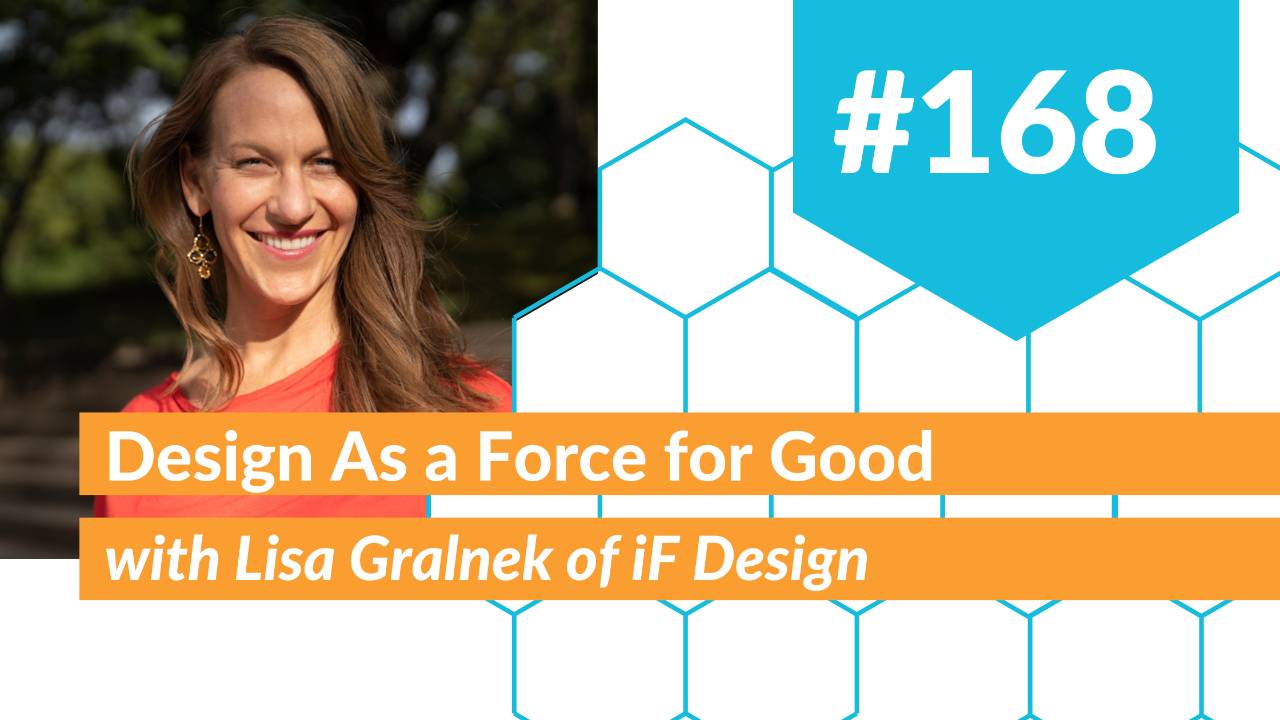
Design is more than aesthetics; it is the hidden system that shapes how we live, work, and build. In this conversation with IF Design’s Lisa Grahlnick, we pull back the curtain on design as a force for good, moving beyond shiny objects to the structures and choices that decide whether a product thrives, a platform scales, or a policy creates real value. Lisa’s career across fashion, strategy, and design leadership reveals a through line that ties values, creativity, and operations together. She argues that design sits at the intersection of left- and right-brain thinking, combining analysis and imagination to solve real-world problems. Whether improving a beverage label’s recyclability or building resilient energy access in emerging markets, the decisions are designed, and their impact is measurable.
IF Design’s story proves how design leadership can guide a global ecosystem. Founded in post-war Hanover, the organization grew alongside the rise of indust...
Fifty Shades of… Storage? How Heartwork ditched gray and made lockers cool

Curiosity, travel, and a deep respect for makers form the spine of this conversation with Heartwork founder Karen John. The story begins in a small Northern California town and quickly expands across UCLA, Florence, Milan, and Stanford, where exposure to Italy’s multidisciplinary studios reframed what a designer could be. In those studios, the walls between product, environment, brand, and strategy simply didn’t exist. Designers worked hand in hand with manufacturers, engineers, and clients, collapsing the distance between idea and execution. That proximity set a standard that would later inform how Heartwork manufactures in the U.S., keeps design close to production, and treats storage as a tool for culture rather than a commodity. The lesson is universal: when the person who imagines the thing knows the person who makes the thing, quality rises and waste falls.
The conversation turns to design education and the uncomfortable but transformative power of...
The Raw and Real Guide to Creating Content That Connects

Creating content in today's digital landscape isn't just about gaining followers or building a personal brand; it's about making genuine connections and providing value to your audience. In a recent follow-up conversation between Sid Meadows and Adrian Leal on The Trend Report podcast, they unpacked the fundamental steps to beginning a content creation journey that feels authentic and impactful rather than overwhelming.
The importance of content creation for sales professionals cannot be overstated in our current business environment. As decision-makers get younger, they're increasingly likely to "social proof" potential partners before or after meetings by checking their LinkedIn profiles and other social media presences. Having no digital footprint essentially makes you invisible in today's digital economy, where buyers are actively seeking solutions to their problems. Adrian emphasized that when you create content consistently, you're developing relat...
The Best Investment You'll Ever Make Is in Yourself
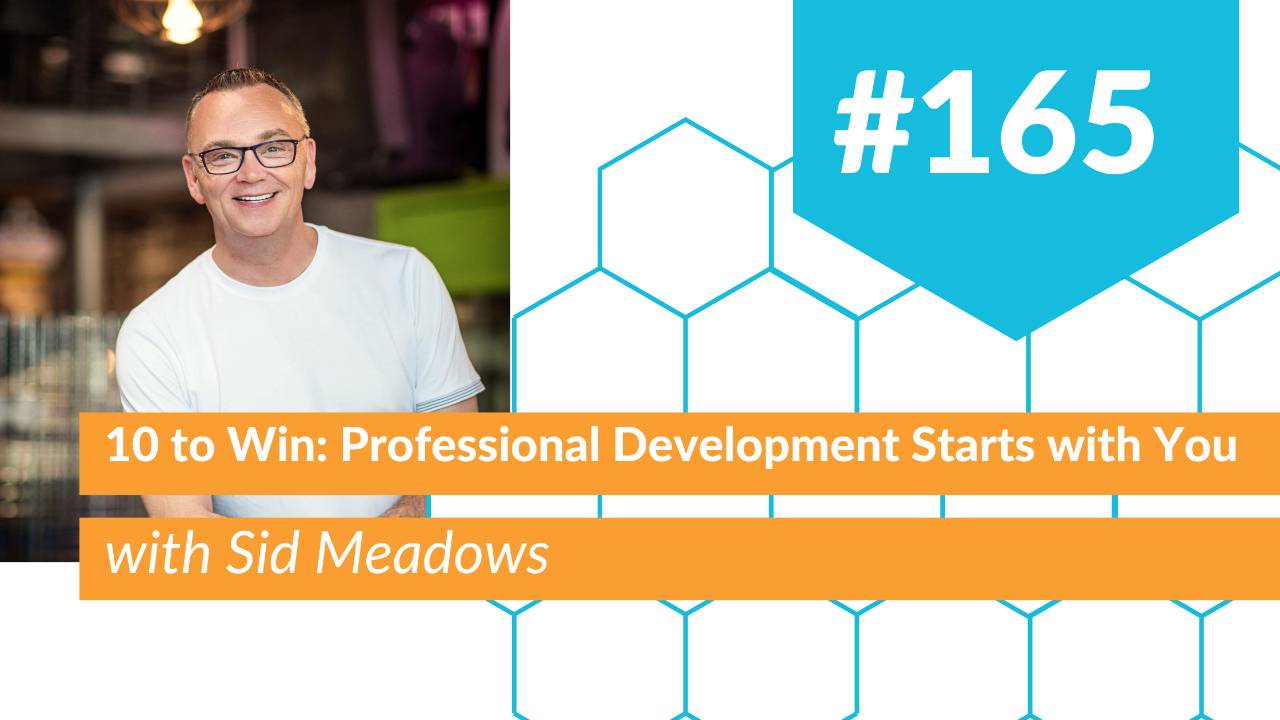
Professional development is often misunderstood as something that happens to us rather than something we actively create. In today's fast-paced business environment, waiting for your company or manager to invest in your growth is a losing strategy. The truth, as highlighted in a recent Economic Times report, is striking: professionals who completed at least one certification or learning program in the past year received salary increases 2.5 times higher than those who didn't. The message couldn't be clearer – those who take control of their own development see tangible benefits in their careers.
When reflecting on my own journey, particularly in podcasting, I've experienced firsthand how self-directed learning can transform results. When I launched my podcast in 2020, I had no idea where to begin – from equipment needs to show structure and editing techniques. I started with free resources, such as YouTube tutorials, but quickly realized that to move bey...
